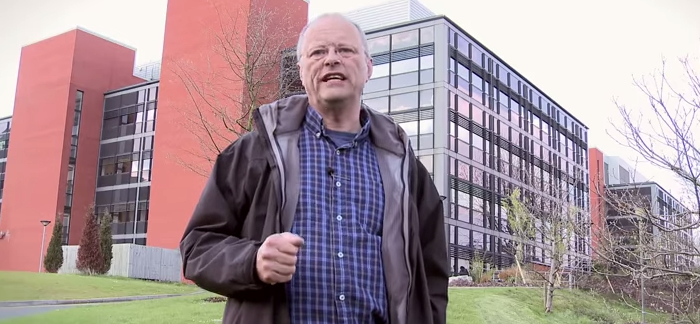Hydrogen fuel cells probably will be a part of the clean energy portfolio of most countries in the future. Financial, infrastructure, and storage hurdles exist that hydrogen fuel cells must overcome before the technology can go to mass production. Hydrogen fuel cells are one of the most promising clean energy systems that could be functionally ready in as little as a decade.
The Pros Of Hydrogen Fuel Cells
A multitude of different technologies has proven successful in developing hydrogen fuel cells that are efficient and have a long driving lifetime. The competition between countries to develop the most efficient hydrogen fuel cell has produced several breakthroughs that promise greater efficiency and faster speeds. The competition has also reduced the costs of manufacturing hydrogen fuel cells.
Hydrogen as a fuel source is readily available, very clean in the sense of environmental impact, and produces water as the only combustion product. These advantages are the reason many see hydrogen fuel cells as the most optimal short-term solutions to the use of fossil fuels and the problems of climate change that fossil fuel use and overuse has produced.
Hydrogen fuel cells have been proven to work long-term by NASA and the ESA in the International Space Station. The water produced by hydrogen fuel cells is used as drinking water on the ISS.
Tests of hydrogen fuel cells in automobiles have proven that a hydrogen fuel cell can deliver a higher level of fuel efficiency that gasoline or diesel fuel. Speeds in excess of 200 miles an hour has been achieved in race cars that are powered by hydrogen fuel cells.
Hydrogen is renewable. Hydrogen is readily available form many natural sources and present industrial processes.
The Cons Of Hydrogen Fuel Cells
Hydrogen is flammable. The safety concerns in using hydrogen as a fuel will require an adjustment of the mind set of most people that drive cars at present. Extra safety equipment must be designed, tested, and proven to be safe for an ordinary individual’s car to use hydrogen fuel cells.
Pure hydrogen costs more to make at present than other fuels. Hydrogen from the air or from any industrial process must be cleaned and stored. The cleaning operation is not yet ready for commercial quantities of hydrogen to be produced.
Hydrogen is a gas at normal temperatures. The storage and transport of a gas compared to a liquid are expensive. While hydrogen can be cooled to form liquid hydrogen, the process would add to the cost of the fuel.
A new infrastructure would have to be designed, manufactured, and put in place before hydrogen fuel cells could be used by the masses. Gas stations would need to be redesigned to accommodate hydrogen and the safety concerns that a flammable gas involves.
Similar redesign of car engines to accommodate hydrogen and the water it produces when burned would have to be made cost effective before hydrogen fuel cells can be used in the majority of cars. A phase in period that includes fossil fuel powered cars and hydrogen powered cars is a most likely scenario.
Politics has already reared its ugly head in the hydrogen fuel cell arena. Who will pay for the changes in infrastructure? Who is responsible for safety and bears the legal responsibility for accidents? Questions like these are valid and must be answered before hydrogen fuel cells become the norm for transportation.




